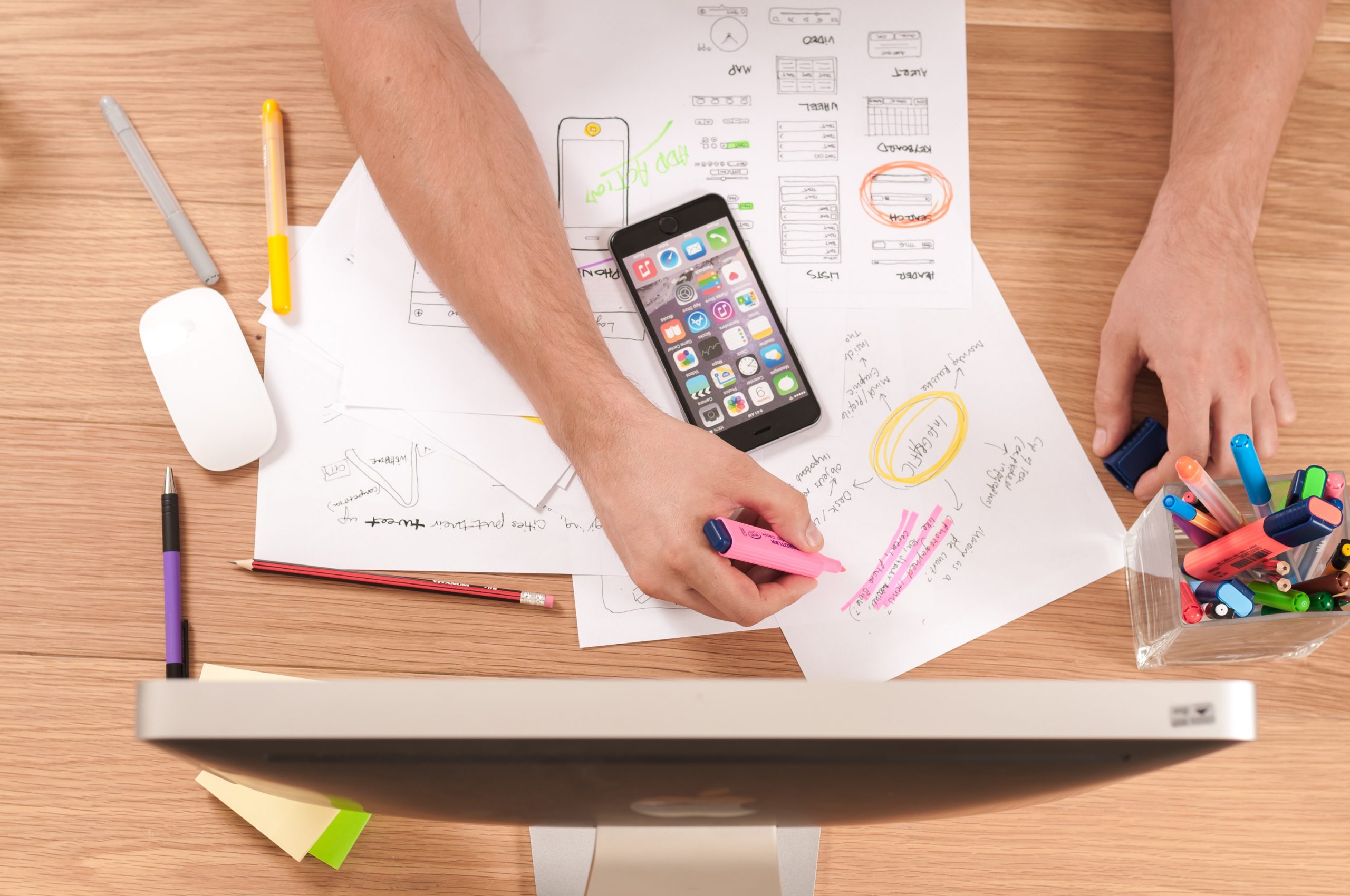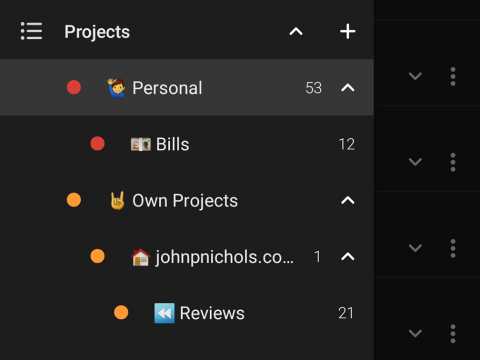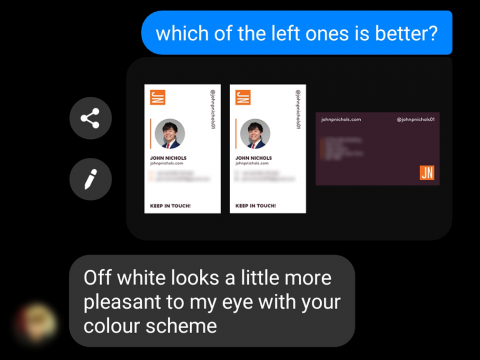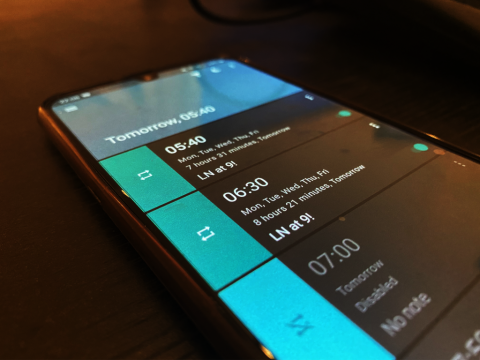
Evaluating My Previous Side-Projects
Looking back at previous projects, learning from my mistakes, and moving forwards.
JOHN NICHOLS
FEBRUARY 25, 2020
For as long as I can remember, I’ve been a creative individual. From drawing ideas for new video games on scraps of paper as a child, to graphic design in my early teens, and later to entrepreneurship, I’ve never been short of ideas for things I would like to create and share with the world. The stickler for me has always been the execution.
From the age of 16 through to today, I’ve started many different projects (Spirit Longboarding, Dapperworks and Wordflow, to name a few) that I have initially been very passionate about. However, each one has waned with time, and as such, I no longer contribute to any of these.
To help fix this (amongst many other things in my life), my Yearly Theme for 2020 is The Year of Commitment. Judging by my previous attempts, having a long-term side-project is clearly something I find very important to me, but if it has yet to come to fruition, why is this the case?
In order to make sure I don’t repeat the same mistakes as my younger self, I need to look at my previous approaches, what I could have done differently, and how to take on 2020 in a way which will help me achieve one of my main goals: to have a continuous side-project.
Looking Backwards
I’ve always set highly aspirational goals. With Spirit, it was to create an online platform to share the basics of longboarding and board maintenance. With Dapperworks, it was to create an online platform to give men of my age sound style advice as they embark on their careers. With Wordflow, it was to create a platform to share tips and advice for students.

I’ve come to the realisation that my dreams were rarely grounded in realism. I was never trying to make a platform, I was trying to make the platform. The best of the best. The nucleus. The place-to-be. I wasn’t going to settle for just being one in a million, I wanted to stand on the top of the mountain as the absolute resource for the topics I chose.
That, I know now, is much easier said than done. It’s very rare, if not impossible, to go from zero to a million overnight, and if it looks that way as an outsider, it’s because you’re shielded from all the hard work, dedication and passion that those on the inside have put in.
I am naturally an incredibly competitive person. This can sometimes have a detrimental effect on me when I don’t see immediate results as I can lose some of my natural drive, but by taking a holistic view and setting realistic goals and expectations, I will be much more likely to stick to a project, therefore guiding me towards my long-term goals.

There’s another link between these three projects which, this time, differs between all three – accountability. With Spirit, I had a good friend working with me, and we were both producing fantastic content together. Wordflow worked in much the same vein – I had a colleague to hold me accountable. With Dapperworks however, as this was a solo project, I had to rely on my own passion and motivation to empower me forwards, and I now realise that not having anybody to hold me accountable did impact on the long-term survivability of the project for me.
Since graduating from university and transitioning into my first graduate role, I have realised just how important accountability is to me. Having somebody to give me feedback helps to reinforce my own expectations of myself whilst also giving me an external motivator to push me forward in ways that even my hyper-competitive mindset can sometimes find difficult.

Come to think of it, as far back as I can remember, there has been a part of my life that I have never really been very good at. Habits and routines. Whilst I’ve made a concerted effort to get rid of bad habits in the last few years (biting my nails and excessively playing video games being two major ones), I’ve not replaced these with good habits, merely finding more bad ones (excessive YouTube has been a black-hole to my time lately). To really be productive and reach my goals, I need to set, and stick to, a regular routine, which will ensure time is spent towards what I really want to achieve.
Looking Forwards
There are three things I need to keep in mind moving forwards:
- Realism. Rome wasn’t built in a day, as the saying goes, and neither will my dreams. This takes time, effort, consistency, passion and determination.
- Accountability. Although for the most part I am an introvert who likes to work alone, I understand and realise the importance of having people around me, and will actively seek honesty, criticism and feedback.
- Habits/Routines. I need to dedicate regular time into building a side-project I want. I need to be careful that I don’t expect too much too quickly, and remember to stay realistic, which accountability will help with.
My determination to do well and make something of myself hasn’t really changed much since I was young. Everybody has ideas, but it’s the execution that counts. Upon this reflection, I believe I now have a better idea of how to make a side-project work for me, and how to make actionable progress towards achieving my goal of having a continuous side project.
Final Thoughts
Time will tell if this reflection has been effective in helping me achieve the goal above. Nevertheless, reflecting on my past behaviour has revealed areas that I can work on to improve my productivity and general self.
This is an actionable plan to help me towards achieving the goals laid out in my Yearly Theme, and I will keep this in mind, alongside my wider Year of Commitment, when thinking about side-projects in the year ahead.
Published February 25, 2020.